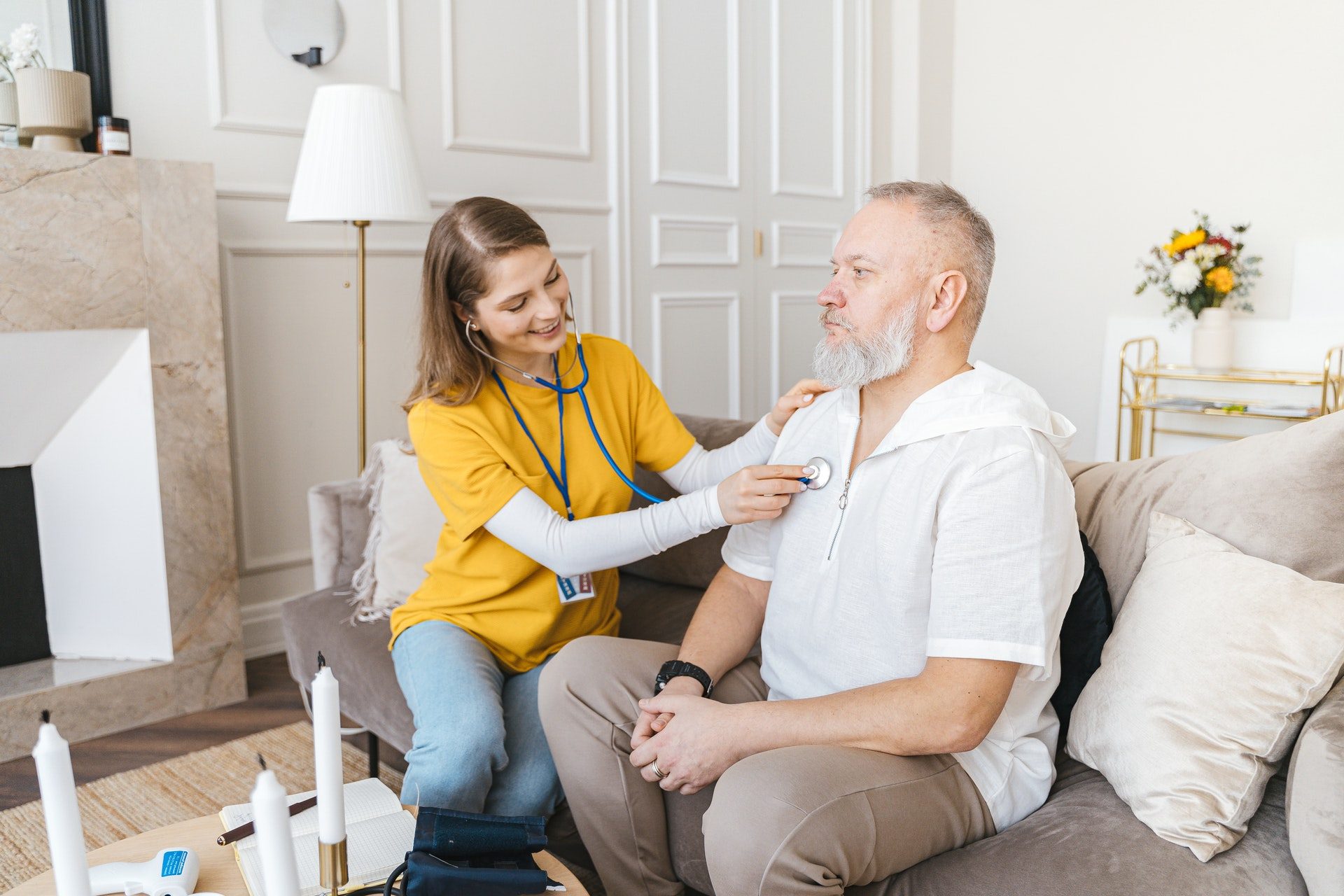How much is Carer's Allowance?
If you get Carer's Allowance, you could receive £67.60 weekly.

How much is Carer’s Allowance? What is it? If you are caring for the health of an individual, you may be eligible. More specifically, you could get £67.60 weekly. For this, you must care for someone for a minimum of 35 hours every week. Indeed, you This Your Benefits article will tell you all you need to know about Carer’s Allowance.
You could receive £67.60 every week. Indeed, this is if you care for a person for a minimum of 35 hours weekly. Additionally, said person must also receive one of certain qualifying benefits. Then, you will also get National Insurance credits.
You may choose how you are paid. More specifically, you can choose to be paid either every 4 weeks or in advance every week. Like most other benefits, the money will be put into your account directly. This can be a building society or bank account.

If you receive Carer’s Allowance, you will also automatically receive National Insurance credits. However, there are also a number of other benefits you could claim. Indeed, you may be able to receive one of the following:
Carer’s Allowance might impact your other benefits. Indeed, this may be true for both the ones that you and the person you care for receives. Additionally, your income may be more than the Personal Allowance. If this is the case, you may have to pay tax on the payments you receive for this benefit.
You may qualify for Carer’s Allowance, you must care for a person for a minimum of 35 hours a week. Furthermore, this person must earn certain qualifying benefits.
Additionally, more things need to be true for you. Indeed, this is the case for the all of the following. You must be:
You or your family may also be from Norway, Iceland, Liechtenstein, the EU or Switzerland. If this is the case, both you and your family need the pre-settled status. This is under the EU Settlement Scheme. Although the deadline was 30 June 2021, you may still be eligible to apply on the Gov.UK website.
You may be unsure what your earnings consist of. Indeed, your earnings are any money you receive through your employment, self-employment. These amounts are after tax. Furthermore, earnings include expenses and National Insurance.
What qualifies as an expense? They can be one of the following:
You may pay a carer to care for your children or a disabled individual while you are at your workplace. If this is the case, costs that are equal to half of your earnings or less can be treated as an expense. However, in this case, the carer cannot be your sibling, child, spouse, partner or parent.
| Carer's Allowance earnings example in 2022 | |
|---|---|
| Earnings and expenses | Amount (weekly) |
| Earnings | £110 |
| Expenses on care | £70 |
| Amount treatable as expenses | £55 |
Some payments are not considered earnings. This is the case for the following:

You may claim this benefit online or by post. If you wish to apply by post, the address to send your application is located at the very end of your claim form. To apply online, you may do so on the Gov.UK website.
You will need the following information. Your:
Information about the person you care for is also required. Have their:
If you already receive the full amount of State Pension, you cannot receive the full amount of Carer’s Allowance, and vice versa.
For example, you may get £50 through your State Pension. Then, you may get £17.60 weekly with this benefit. You may also get Pension Credit. Indeed, your State Pension is £67.60 weekly or more, you will not get Carer’s Allowance. However, the payments you receive for Pension Credit will increase.
Note that typically, your other benefit payments will change. However, the total number of benefits you earn will typically either stay the same or increase. Furthermore, Carer’s Allowance will not impact your benefit cap.
Yes, this benefit may affect certain benefits that the person you care for receives. More specifically, they will typically stop receiving the following:
Severe disability premium is paid through certain of their benefits. In fact, You may verify if this payment will stop with the office that pays it. This can be either of the following:
The person for whom you provide care must receive at least one qualifying benefit. Indeed, they are as follows:
You may not be able to receive Carer’s Allowance. Indeed, this is the case if you are not the only person taking caring for one individual, and they earn one of the following two benefits:
The other carer may not want to change who gets what benefit. Then, you are still able to apply for Carer’s Allowance. Indeed, the Department for Work and Pensions (DWP) will then determine who should be receiving the benefit.
If you get Carer's Allowance, you could receive £67.60 weekly.
Young Carer Support in 2022: advice and benefits for young carers
Coronavirus Carer’s Allowance Supplement in 2022
No Recourse to Public Funds (NRPF) and Best Start Foods in 2022
Hc3 Certificate in 2022: what it is and how to get it
School Age Payment in 2022: benefit for kids in Scotland
How to get Early Learning Payment in 2022
Pregnancy and Baby Payment in 2022: how to get this benefit
Best Start Foods in 2022: how to get this Scottish benefit
War Disablement Pension 2022: everything you need to know
Carer’s Allowance Supplement: how to get this benefit in 2022
Our algorithm calculates which grants you are eligible to apply for.
Simulate your benefits